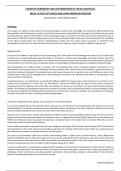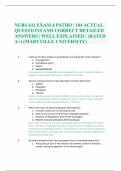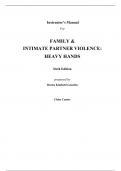Resume
Summary of 'Cognitive Parsimony and Legitimation of Social Injustices. Belief in the Just World and Latin American Fatalism' by Barreiro and Zubieta
- Cours
- Établissement
Summary, explanation and conclusion of the main ideas of the text 'Cognitive Parsimony and Legitimation of Social Injustices. Belief in the Just World and Latin American Fatalism' by Barreiro and Zubieta.
[Montrer plus]












